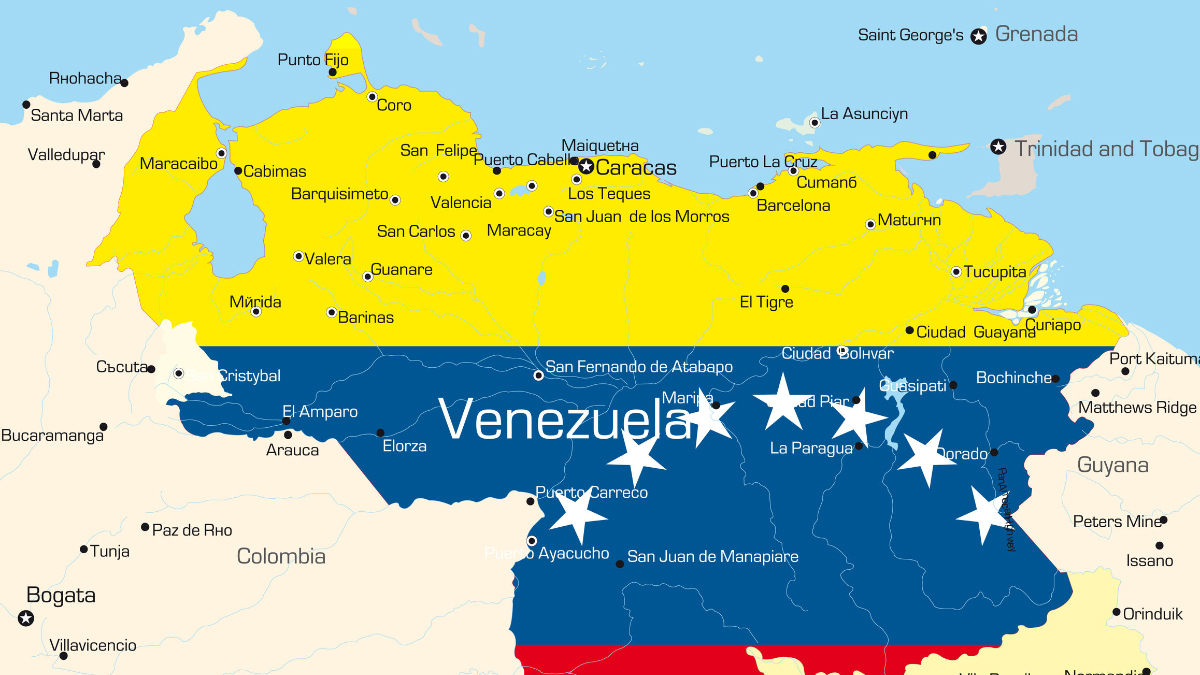President Trump says he has not ruled out military intervention in Venezuela.
I imagine he is bluffing and trying to add to the pressure to step aside that is mounting on President Nicolás Maduro, the thug successor to Hugo Chávez who is ruining the country. But predictably, Trump’s remark triggered a wave of official statements in Latin America condemning such talk, gave Maduro and his cronies anti-imperialist fodder, and cast a shadow over Vice President Mike Pence’s recent four-country tour of the region. Trump is right to want Maduro out, but whoever is advising him on matters of the Western Hemisphere should explain that the threat of military action only helps the Chavista dictatorship and risks debilitating the wide-ranging anti-Chavista political front that has lately emerged in Latin America.
The best way to undermine Maduro from the United States is through private initiative. A few years ago 7-Eleven, the convenience store chain, invoked human rights as a reason to end to its partnership with Citgo, the Venezuelan-owned energy company that refines oil and markets fuels and petrochemicals in the United States. In some states people have boycotted gas stations with the Citgo logo—probably not a great idea because Citgo does not own the stations, but it’s an example of civil society taking the initiative.
Citgo, which imports oil from Venezuela and belongs to that country’s state-owned oil giant, is a major source of foreign exchange. The regime’s incompetence and corruption have managed to bring oil production far below its historical level (it stands at a little above two million barrels per day), and much of it is now sent to China and India to pay back some of the money those two countries lent to Caracas. A significantly smaller amount is left to send to the United States than was the case some years ago.
The situation is so dire that the markets are partly betting Venezuela’s regime, which has thus far honored its foreign debt at the expense of vital imports such as food and medicine so it can have continued access to capital and preserve its dictatorship, will default in the near future. In October and November, Maduro will face $3.7 billion in repayments; the country’s total reserves are now down to about $10 billion.
The vulnerability of Maduro’s financial position is something nongovernment critics of Chavismo (the socialist ideology of the late Chávez) in the United States could use to help accelerate the demise of that regime. One way to do this is for suppliers and customers of Citgo to refuse, if possible, to do business with the U.S. arm of the dictatorship. Another way is for the victims of expropriations in Venezuela who have not been compensated appropriately, including oil companies, to use American courts to try to seize Citgo’s assets. Another, perhaps even more useful, way is to refuse to buy Venezuelan debt. Credit Suisse recently announced its decision to ban trading in two Venezuelan bonds—one due in 2036, the other in 2022. This stands in stark contrast with Goldman Sachs, which earlier this year drew ire for purchasing $2.8 billion worth of Venezuelan bonds—dubbed “hunger bonds” by that country’s resistance movement.
Maduro, who has violated his country’s constitution, destroyed its institutions, incarcerated hundreds of opponents, and killed hundreds of protesters, needs to go. Anything that can be done by other countries at the civil-society level to help accelerate this will be welcomed by Latin Americans. But the kind of talk recently coming out of Washington merely makes life more difficult for the opposition.













